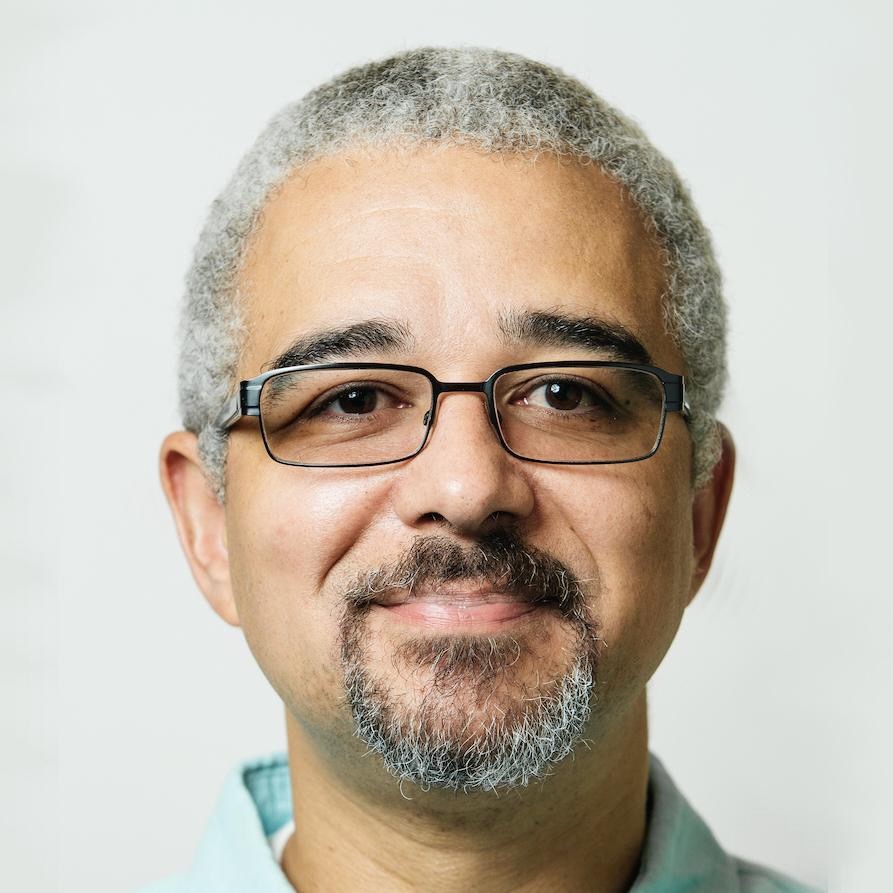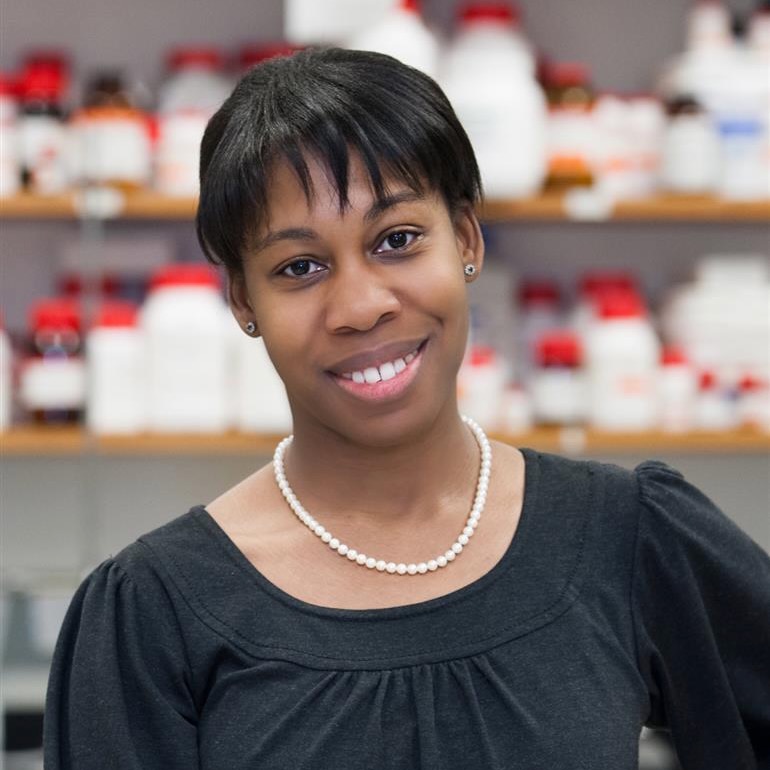Dr. Magwene is a yeast geneticist whose work uses both wet lab and computational approaches. He is also the director of the Computational Biology and Bioinformatics Ph.D. program at Duke.
Promoting Black biologists and science literacy
Over the past few years, I have built a collection of "spotlights" on Black faculty in STEM aimed at a lay audience, to promote the work of these scientists and engage non-experts in thinking about scientific inquiry. Originally posted on Facebook throughout the month of February, these spotlights are now collected here.
If you are featured and would like to make an addition/correction (or if you would like me to take down your profile), please let me know! If you are a Black scientist who I have not written about and you would like to be featured in a future February, I would love to hear from you.














